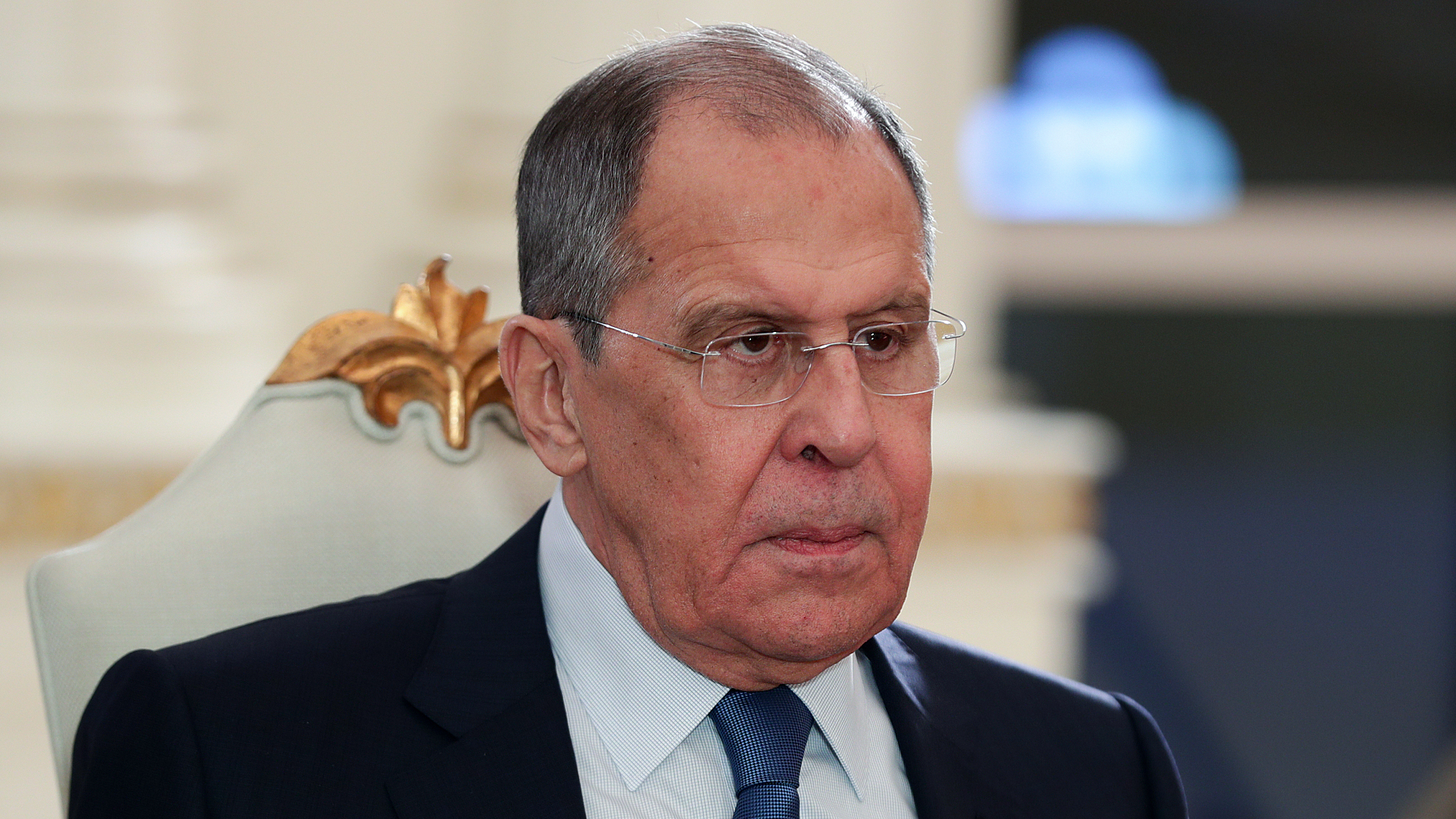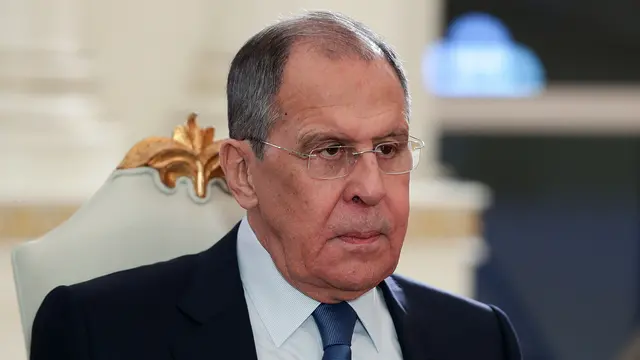
FILE PHOTO: Russia's Foreign Minister Sergei Lavrov looks on during a past meeting. /VCG
Russia on Thursday appealed Arctic states to continue high-level military meetings amid rising tension in the region even as it expressed concern about the deployment of foreign troops in Norway near its border.
"It is important to extend the positive relations that we have within the Arctic Council to encompass the military sphere as well," Russian Foreign Minister Sergei Lavrov said in a speech at an Arctic Council meeting in Reykjavik.
Russia has scaled up its military presence in the Arctic and the U.S. has increased its naval exercises as the area opens up for shipping, fishing, drilling and mining due to a warmer climate.
The Arctic Council was formed in 1996 to create peaceful dialogue between Arctic states and indigenous people on issues such as environmental protection and sustainable development. The Council, however, does not cover military matters.
Lavrov's appeal comes in the wake of an accusation from U.S. Secretary of State Antony Blinken, who cited Russia for unlawful maritime claims in the Arctic.
Annual meetings between armed forces chiefs from Arctic states were stopped in 2014 after Russia annexed of Crimea. Russia has also not taken part in another forum, the Arctic Security Forces Roundtable, since 2014.
Lavrov suggested starting with a meeting of military experts from the general staffs of the eight Arctic countries.
Russia is set to assume the chairmanship of the Arctic Council this year.
Lavrov expressed concern over Norway, a NATO member which shares a short border with Russia and allowed the U.S. to build facilities at three Norwegian airfields and a naval base in April.
"We are concerned about what is going on close to our border with Norway," Lavrov said.
Relations between Norway and Russia gradually improved in the post-Cold War era before suffering a setback due to Russia's annexation of Crimea. That led to a military build-up on both sides of the border and more frequent military manoeuvres.
(With input from Reuters)
 简体中文
简体中文





